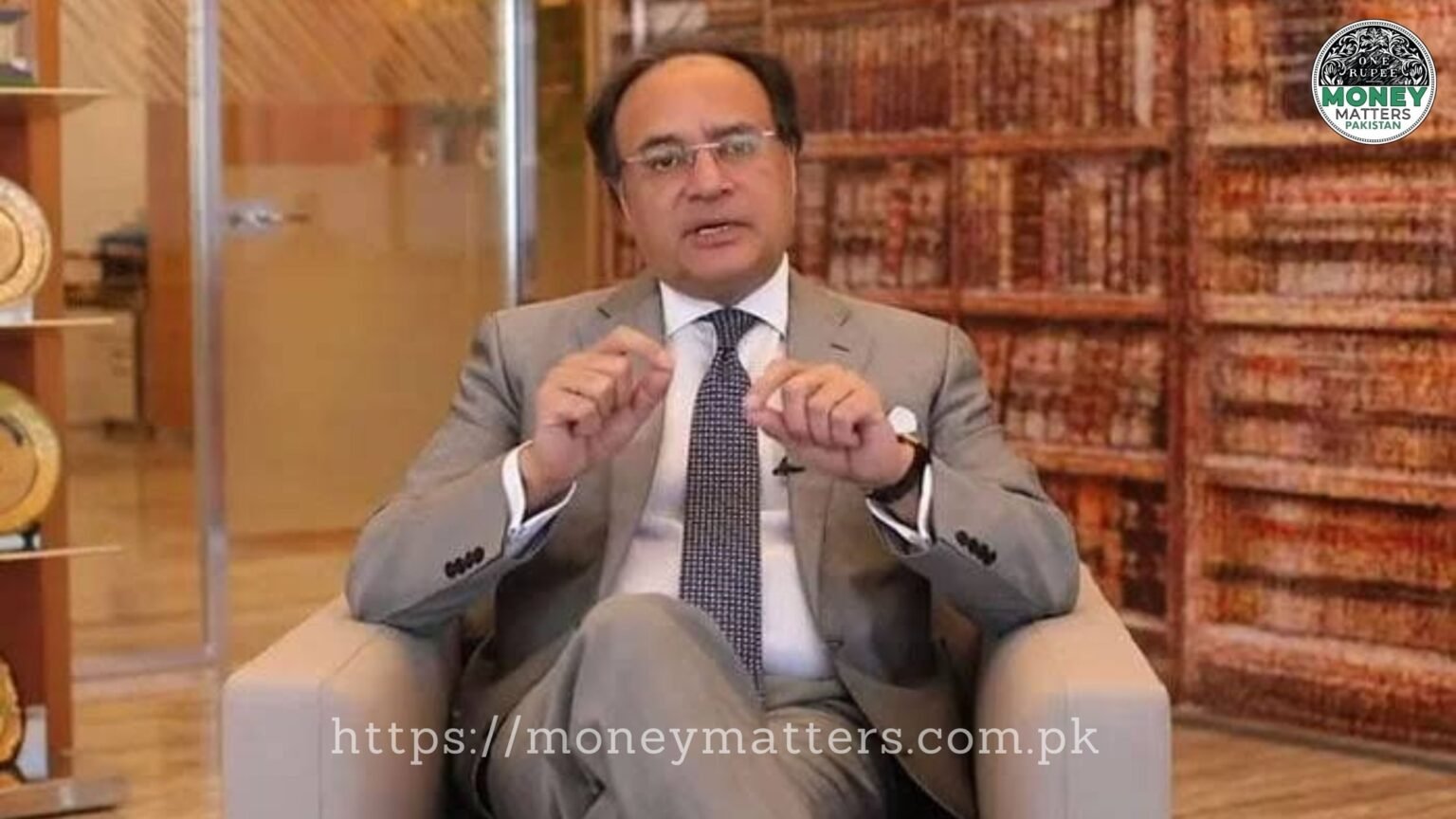Aurangzeb’s visit crucial for navigating IMF program, Trump tariffs, and fostering economic ties.
Key Takeaways:
i) Finance Minister Mohammad Aurangzeb is in the US for meetings with the IMF, World Bank, and other key financial and political figures to discuss Pakistan’s economic situation and ongoing programs.
ii) A key focus will be addressing the potential impact of Trump’s 29% tariff on Pakistani goods, which could significantly affect the country’s exports.
iii) Aurangzeb aims to strengthen economic ties and attract investment to support Pakistan’s economic recovery and development.
Islamabad, Pakistan – April 19, 2025 – Finance Minister Mohammad Aurangzeb is in the United States this week for a series of critical meetings regarding Pakistan’s economic future. His visit, scheduled from April 21st to 26th for the World Bank Group and IMF Spring Meetings, is aimed at strengthening Pakistan’s economic relationships with global partners and addressing pressing economic challenges.
This tariff, which came into effect earlier this month, poses a substantial threat to Pakistan’s export sector, potentially leading to a decline of 20-25% in exports to the US and costing the country an estimated $1.1-$1.4 billion annually.
Aurangzeb is scheduled to meet with top officials from the World Bank and the International Monetary Fund (IMF). Discussions will likely center on Pakistan’s ongoing IMF program and the country’s efforts to stabilize and grow its economy. He will also engage with finance ministers from China, the UK, Saudi Arabia, and Turkey, seeking to bolster crucial economic partnerships.
A significant point of discussion will be the potential impact of the 29% tariff imposed by the Trump administration on Pakistani goods. This tariff, which came into effect earlier this month, poses a substantial threat to Pakistan’s export sector, potentially leading to a decline of 20-25% in exports to the US and costing the country an estimated $1.1-$1.4 billion annually. The textile industry, a major contributor to Pakistan’s exports, is particularly vulnerable.
In addition to high-level meetings, Aurangzeb will address investment forums and seminars, highlighting Pakistan’s economic landscape and recent financial reforms. He will participate in a roundtable session with institutional investors, focusing on collaboration with the IMF and seeking to attract foreign investment. Furthermore, he will engage with the Gates Foundation and other international organizations to explore cooperation in financial health and sustainability initiatives.
Pakistan’s economy is currently showing signs of stabilization, with the Asian Development Bank (ADB) projecting a 2.5% GDP growth for the fiscal year 2025. However, the country still faces significant challenges, including a high public debt burden and the need for continued economic reforms. Aurangzeb’s visit to the US is a crucial step in navigating these challenges and securing Pakistan’s economic future.




